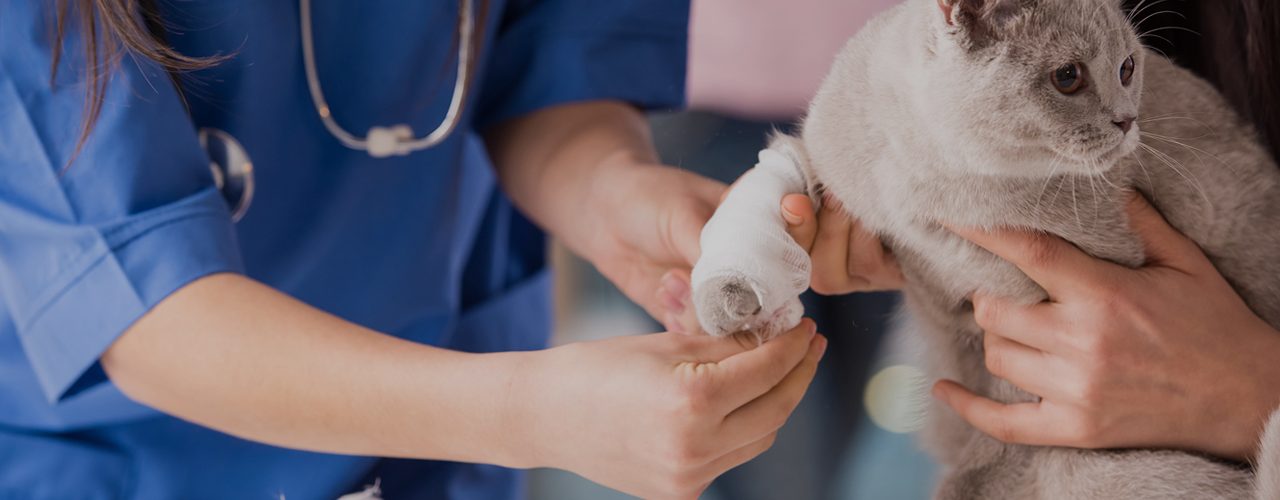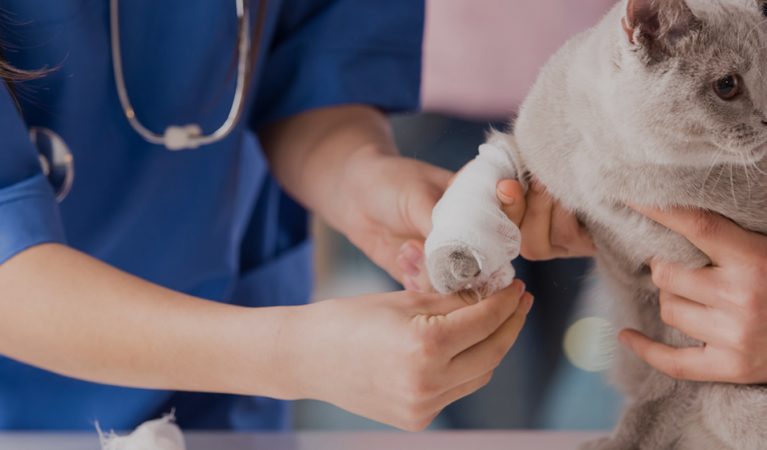Frequently Asked Questions
Puppies & Kittens are born without specific immunity against infections they are likely to come in contact with later in the life. However, they acquire certain level of immunity through the early milk from their mother. But this immunity wanes pretty fast.
The immune system of a newborn puppy or kitten is not mature enough to launch and effective attack against infections. That is why they can become seriously ill if exposed to infection.
A puppy’s or kitten’s immune system can be triggered to develop the ability to fight infections if it is exposed to infectious agents that too weak to overpower the puppy’s defence mechanisms.
This is achieved by vaccination, as vaccines contain infectious agents that have been made harmless.
Once injected into the puppy or kitten, the immune system develops the ability to launch an effective attack against real infections.
It is extremely economical to vaccinate an animal rather than to try to treat them if they contract an infection. Some infections may not be treatable at all.
Through the early milk, pups and kittens acquire lots of antibodies, which are meant to counteract real infection.
While there are lots of such antibodies around in the blood stream, the infectious agents in the vaccine can get neutralised and eliminated from the circulation preventing the immune system a real contact with these agents.
Therefore, it is important to wait until the level of the maternal antibodies is sufficiently reduced to allow the vaccination to be effective. This can take up to 8 or 9 weeks in pups and kittens respectively.
This is for the following two reasons:
Firstly, it is difficult to know exactly that all maternal antibodies have disappeared from circulation at the time of first vaccination. Therefore, repetition of the vaccination 2-4 weeks later will ensure that the vaccination is fully effective.
Secondly, the second vaccination facilitates the immune system to develop a longer lasting memory to launch a very fast and effective attack when exposed to real infections.
That is for the following reasons:
It is quite well established that vaccinations do not produce a life-long immunity in domestic animals. Therefore, they need vaccinating regularly.
Most vaccines have multiple infectious agents in them.
The duration of immunity produced is variable between these agents. Where the immunity has been shown to be effective only for a year, it is important to boost the immunity at least for such infections yearly.
Animals don’t wash the things before they put them into the mouth! Therefore, they have a potential of being exposed to heavy infection, which can overpower weak immunity. Therefore, it is important to keep the immunity at optimal levels through regular booster vaccinations.
As animals age, their immune system also ages and can become weak to launch an effective attack against infections. Again, a reason to keep the immunity boosted.
It is never too late to vaccinate.
The vaccination in an adult dog or cat can be done exactly as in case of a puppy or a kitten with two initial vaccinations given 2-4 weeks apart, followed by a yearly booster vaccination.
Based on the animal’s age, general health and number of booster vaccinations missed, the veterinary surgeon can make appropriate recommendations as to the best course of action.
However, re-starting the vaccination afresh with two initial vaccinations can guarantee that the effective protection will be achieved.
All enquiries please call 01257 463142 or make an Online Enquiry



